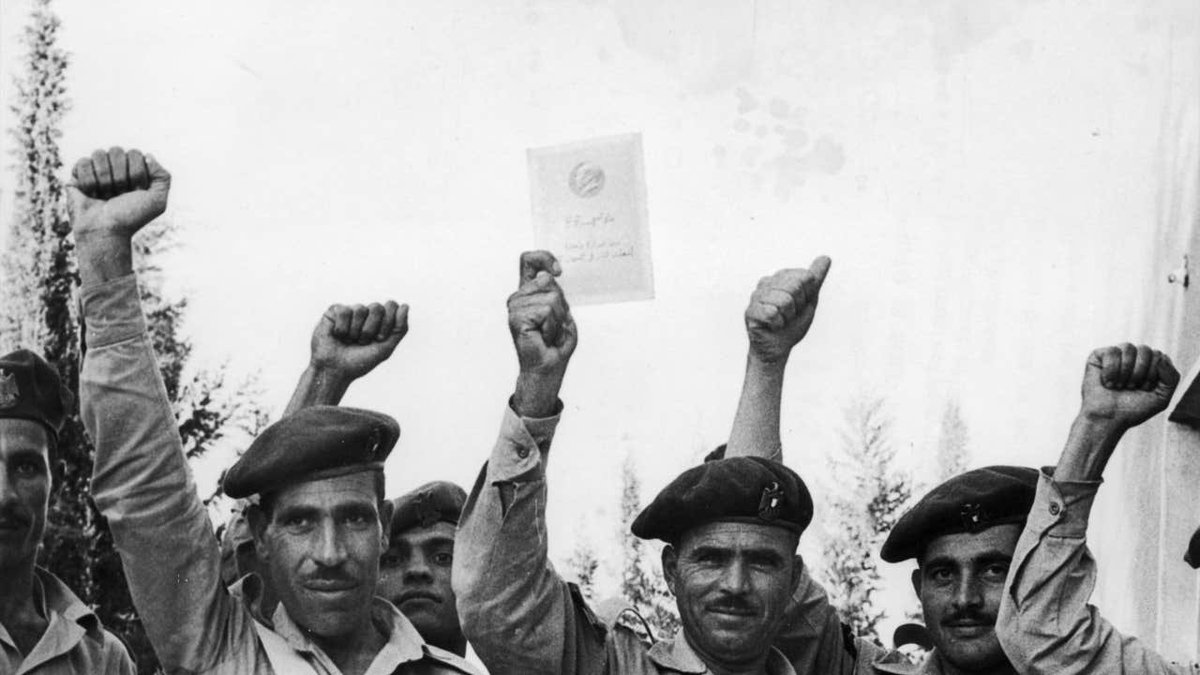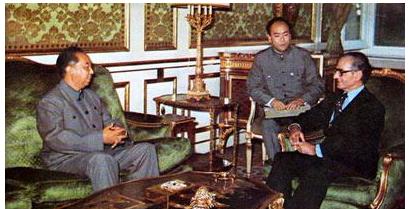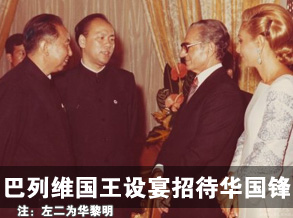
The #Iran-#China deal has entered the "implementation" phase. This has triggered a new, yet not unexpected round of #Sino-#Iranian "alliance" panic.
But recent events hint at the limits of the Sino-Iranian partnership. Let's review... (a #ForeignPolicy #IranChina #thread) 1/
But recent events hint at the limits of the Sino-Iranian partnership. Let's review... (a #ForeignPolicy #IranChina #thread) 1/

First, it's worth repeating that many aspects of the promised deal are overblown and exaggerated, including the fabled "$400 billion" investment. The deal was, and remains, aspirational and with no specific details. 2/
thediplomat.com/2021/04/china-…
https://twitter.com/IranChinaGuy/status/1375841806823387140?s=20
thediplomat.com/2021/04/china-…
Iran may be forced to “Look East” in the wake of the U.S. withdrawal from the JCPOA, but the Chinese government continues to look in many directions at once. China has substantial relations with Saudi Arabia, Israel, and a number of other Iranian neighbors and/or rivals. 3/ 

Since signing the deal last year, predictions of a massive influx of Chinese investment and substantial military and political cooperation have failed to come true. The only specifics implemented have been an MoU on museum cooperation... 4/
tehrantimes.com/news/463168/Na…
tehrantimes.com/news/463168/Na…

And another on cooperation in cinema. China has also established a diplomatic office in Bandar Abbas, but this is unlikely to substantially affect trade. These are hardly massive diplomatic breakthroughs in the 10+ months since the deal was signed. 5/
tehrantimes.com/news/461813/Ir…
tehrantimes.com/news/461813/Ir…

The only significant development has been Iran’s accession to the SCO, but as I and others have argued, the SCO is a largely toothless organization that mainly provides a platform for debate, rather than a mechanism for implementing policy. 6/
bourseandbazaar.com/articles/2021/…
bourseandbazaar.com/articles/2021/…
China’s relationship with other Middle Eastern countries is often glossed over. This week, China also held a series of high-level talks the same week with Bahrain, Saudi Arabia, Kuwait, Oman, Turkey, and the Gulf Cooperation Council. 7/
scmp.com/news/china/dip…
scmp.com/news/china/dip…
For many of these countries, China is now their top trading partner, emphasizing Beijing’s need to balance relations on all sides, by not leaning too far toward Iran. Last month, it was also revealed that China has been helping Saudi Arabia to develop its own missile program 8/ 

potentially ending its reliance on foreign missiles. Although Saudi is already heavily armed by the United States, the new program has the potential to significantly deter Iran from carrying out future strikes in Saudi Arabia. 9/
nbcnews.com/news/world/sau…
nbcnews.com/news/world/sau…
Finally, while China offers rhetorical support for Iran and chastises the United States for leaving the JCPOA, Iran has made demands that China has been reluctant to support, notably the demand that all sanctions be removed before negotiations. 10/
reuters.com/world/china/us…
reuters.com/world/china/us…
Although publicly supportive, behind the scenes China has reportedly been pressuring Iran to make good on promised concessions and return to the negotiating table now. China is more a supporter of the JCPOA than the Iranian position itself. 11/ wsj.com/articles/u-s-h…
In short, if there is an alliance, it does not seem to be a very good one. So why do some continue to emphasize the threat of the Sino-Iranian alliance? 12/ 

From a perspective that assumes that U.S. domination of the Middle East and Asia is desirable and justified, China does pose a threat: the threat of its existence as a source of diplomatic and financial support that does not follow U.S. commands. 13/ 

As long as China is capable of undermining the United States’ policy of marginalizing Iran through isolation and deprivation, Beijing will be seen as a threat. And of course, China has every reason to push back. Not only is “maximum pressure”... 14/ aljazeera.com/news/2022/1/15…
...in the form of sanctions that deprive ordinary Iranians of food and medicine morally unconscionable, but it could also easily be applied to China. Fundamentally unchanged under Biden, it needs a justification to make up for its obvious immorality. 15/ thehill.com/policy/interna…
The threat of a China-Iran axis provides a convenient new drum for war hawks to beat. In even modest interactions between Iran and China, they see a threat that “Biden cannot ignore” and must be met with force. 16/
thehill.com/opinion/intern…
foreignpolicy.com/2022/01/13/ira…
thehill.com/opinion/intern…
foreignpolicy.com/2022/01/13/ira…
But the evidence does not bear out alarmist predictions and suggests a much more limited partnership than is being portrayed.
Thank you and please check out the article these tweets were based on @Diplomat_APAC
thediplomat.com/2022/01/china-…
17/17
Thank you and please check out the article these tweets were based on @Diplomat_APAC
thediplomat.com/2022/01/china-…
17/17
• • •
Missing some Tweet in this thread? You can try to
force a refresh













